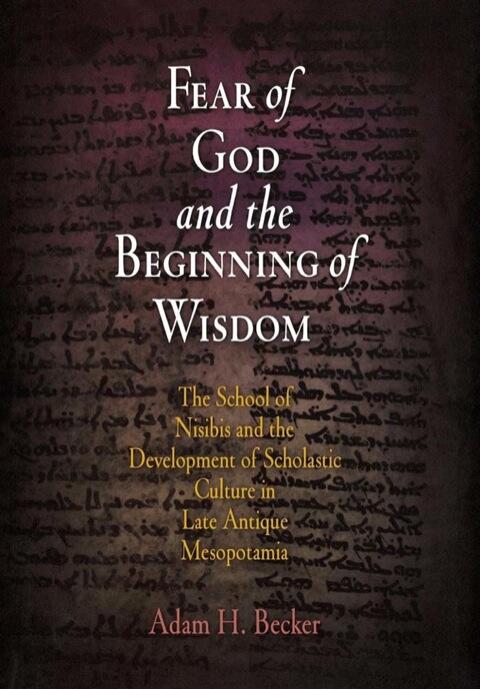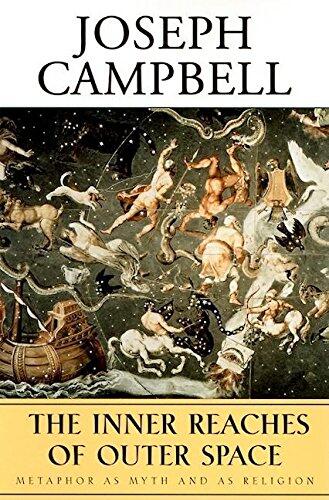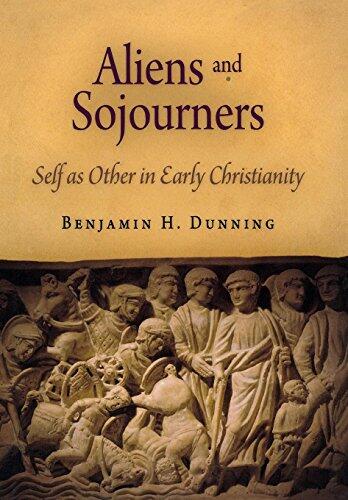
Fear of God and the Beginning of Wisdom: The School of Nisibis and the Development of Scholastic Culture in Late Antique Mesopotamia
还没有评分
Religion & Spirituality
History
Horror
格式
Kindle
页数
315
语言
英语
已发布
Jan 1, 2013
出版商
University of Pennsylvania Press
版本
2
ISBN-10
0812201205
ISBN-13
9780812201208
描述
Adam H. Becker's exploration delves into the rich heritage of the School of Nisibis, a pivotal institution in the intellectual landscape of late antique Mesopotamia. Positioned as the heart of the Church of the East, this school was a hub for developing theological thought and scholastic culture during a transformative era. Becker meticulously examines how this institution influenced the intersection of religion and education, shaping the minds of its students and the wider community.
Through his research, Becker illuminates the debates and dialogues that characterized the School of Nisibis, uncovering its role in fostering a unique philosophical and theological identity. He highlights how the blending of Hellenistic thought with Christian doctrine created a dynamic environment for intellectual growth. This synthesis of ideas not only advanced religious discourse but also set the stage for future developments in both the Church and the broader academic milieu.
The narrative immerses readers in the complexities of early scholarship and the reverberations of Nisibis’s teachings throughout history. Emphasizing the connection between reverence for God and the pursuit of wisdom, Becker’s work invites a deeper appreciation for an often-overlooked chapter in the evolution of religious education and culture in the region.
Through his research, Becker illuminates the debates and dialogues that characterized the School of Nisibis, uncovering its role in fostering a unique philosophical and theological identity. He highlights how the blending of Hellenistic thought with Christian doctrine created a dynamic environment for intellectual growth. This synthesis of ideas not only advanced religious discourse but also set the stage for future developments in both the Church and the broader academic milieu.
The narrative immerses readers in the complexities of early scholarship and the reverberations of Nisibis’s teachings throughout history. Emphasizing the connection between reverence for God and the pursuit of wisdom, Becker’s work invites a deeper appreciation for an often-overlooked chapter in the evolution of religious education and culture in the region.



















